
Jaw pain is any kind of discomfort that feels in the jaw area. Very often, only one side of the jaw is affected by pain, but it is not unusual to feel the pain coming from either sides of the jaw. Chronic jaw pain is medically known as temporomandibular joint disorder. This is not a single condition but rather an umbrella term that covers any kind of inflammation to the temporomandibular joint. Temporomandibular joint is the joint in the jaw responsible for normal jaw movements. Any kind of disorder affecting this joint results in often severe pain and impairment. This joint is sensitive to any kind of conditions affecting the joints of the body: arthritis, dislocation, neoplasia, developmental abnormalities or trauma.
Signs and symptoms of chronic jaw pain
Temporomandibular joint disorder, or chronic jaw pain, is characterized by many different symptoms. The most prominent symptom is, of course, pain. The pain usually develops with biting and chewing and people may also complain about difficulty to open their mouth and general discomfort in the jaw area. Very often, patients report clicking, popping or grating sound that appears when they are opening or closing mouth. The jaw pain sometimes radiates to the area of the face. Headache and earache are also common, and usually experienced in the morning. As a result, patients will have reduced ability to open or close their mouth, and they can also experience sensation of ringing in the ears (medically known as tinnitus). Dizziness, neck pain, shoulder pain, hearing loss and migraines, are also common.
Causes of chronic jaw pain
In most cases, people are suffering from chronic jaw pain because of a very simple reason – a bruxism. Bruxism is typically unconscious habit of grinding of the teeth and clenching of the jaw. This is usually nocturnal activity that occurs during sleep and people are often completely unaware of it. In mild cases it doesn't cause any kind of health problems but occasionally it results in complications such as temporomandibular joint disorder.
Another common cause is over-opening the jaw beyond its normal range, or repetitive sliding of the jaw sideways or forward. Sometimes, trauma to the jaw region causes damage to the temporomandibular joint, typically dislocation, and results in chronic jaw pain. Excessive gum chewing and nail biting have also been associated with jaw pain, but often more simple things such as size of the food bites, play the most important role in development of jaw pain.


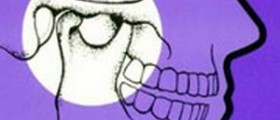


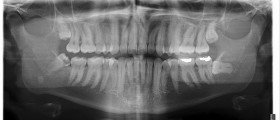

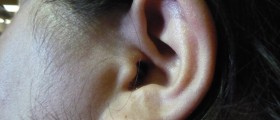


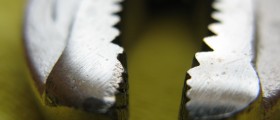
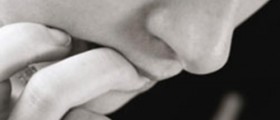
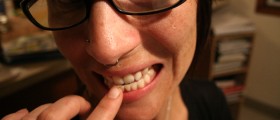
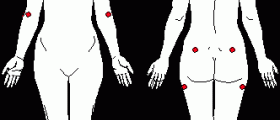
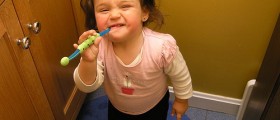

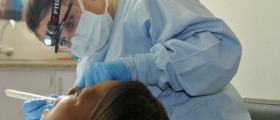
Your thoughts on this
Loading...